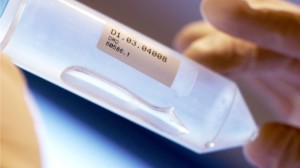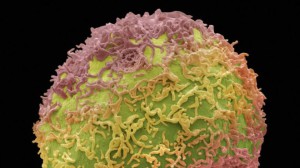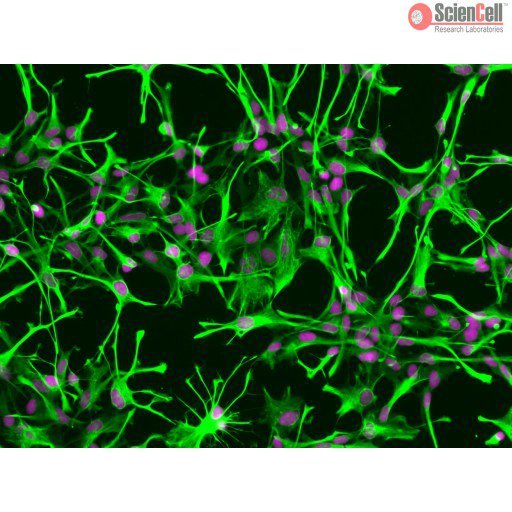- Announcements & Events
- News Articles
- Spotlight
Scientists have shown that gene editing using CRISPR/Cas9 technology can be quite effective in rhesus monkey embryos — the first time this has been demonstrated in the US.
Read more here
Contaminated samples, faulty studies and inadequate training have created a crisis in laboratories and industry, slowing the quest for new treatments and cures
Read More here
Singapore needs more of them to commit to study cutting-edge tech to make a difference
The computer screen lights up with blotches of green and red, cialis generic formless shapes moving here and there.
I am watching these dancing images, ignorant and clueless, next to a man who knows exactly what is taking place.
I see meaningless colours; he sees body cells responding to an injury.
Read more here
Excitement at new cancer treatment – A therapy that retrains the body’s immune system to fight cancer has provoked excitement after more than 90% of terminally ill patients reportedly went into remission.
The ‘exercise hormone’ really DOES exist: Irisin ‘triggers weight loss and could pave the way for obesity drug’
Read more: http://www.dailymail.co.uk/health/article-3198296/The-exercise-hormone-really-DOES-exist-Irisin-triggers-weight-loss-pave-way-obesity-drug.html#ixzz3xCLXdEfa
Researchers in the US have used gene editing to treat mice with Duchenne muscular dystrophy.
Astrocytes are the most abundant cell type in the central nervous system (CNS) and they provide a variety of vital functions for the CNS including: establishment and regulation of the blood brain barrier, functional support for neuronal transmission, survival of neurons, anti-inflammatory responses and wound repair.
Astrocytes also play a central role in the progression of neurological disease and have been implicated in various pathological processes such as reactive gliosis.
View all Astrocytes here >>>


